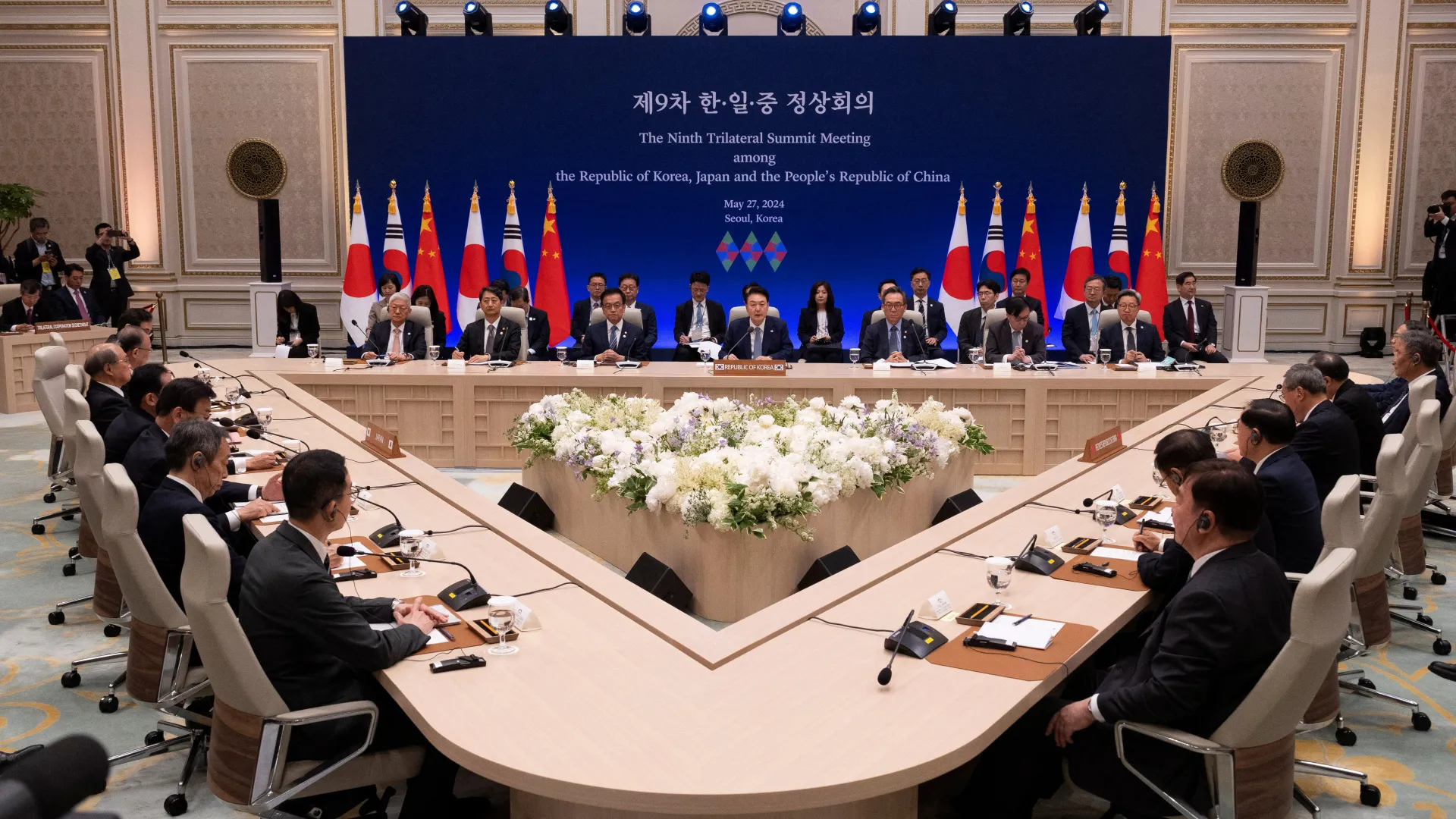Japan's Plan to Give China a Run for Its Money in Africa Gains Momentum
Facebook Twitter (X) Instagram Somali Magazine - People's Magazine
is gaining traction as Tokyo ramps up investment, trade, and diplomatic engagement across the continent in a bid to challenge Beijing’s long-standing dominance. With a renewed focus on private sector-led growth, sustainable development, and strategic partnerships, Japan is positioning itself as a credible alternative to China’s infrastructure-heavy approach.
At the heart of Japan’s strategy is a $20 billion pledge in private sector investment over three years, announced during the Tokyo International Conference on African Development (TICAD). The initiative, backed by government institutions, aims to support innovation, entrepreneurship, and industrialization in Africa. Unlike China’s model, which often emphasizes large-scale loans and state-led projects, Japan is betting on African agency and market-driven solutions to fuel long-term growth.
Tokyo’s approach is rooted in its core strengths—technology, institutional development, and climate adaptation. Japanese companies are being encouraged to partner with African startups, co-develop green technologies, and invest in sectors such as renewable energy, digital infrastructure, and healthcare. This shift marks a departure from traditional aid models and reflects Japan’s broader ambition to deepen commercial ties while promoting democratic values and the rule of law.
Vice-Minister for International Affairs Takehiko Matsuo recently noted that Japan’s emergence from decades of deflation has sparked a new appetite for global expansion among its business leaders. “Africa is one of the destinations where we expect Japanese companies to grow their presence,” he said, highlighting the continent’s young population, abundant resources, and rising consumer demand.
Japan’s interest in Africa is also strategic. As the world’s third-largest economy, it is seeking to diversify its supply chains and reduce dependence on China for critical minerals and rare earths. Japanese firms like Mitsui & Co. have already made moves in this direction, bidding for stakes in Zambian copper mines and investing in greener mining technologies through companies like Hitachi Construction Machinery.

While China remains Africa’s largest trading partner and infrastructure financier—with over $60 billion pledged in recent years—Japan is carving out a niche by offering what analysts describe as “value-based partnerships.” These emphasize transparency, local ownership, and long-term capacity building. At TICAD, former Prime Minister Shinzo Abe framed Japan’s engagement as one that “values freedom, the rule of law, and the market economy, free from force or coercion”.
African leaders have responded positively to Japan’s overtures, viewing them as a welcome diversification of development partners. Countries like Kenya, Ghana, and Rwanda have signed new cooperation agreements with Japanese firms, while others are exploring joint ventures in agriculture, fintech, and clean energy.
However, Japan still faces challenges in scaling its presence. Africa currently receives just 0.5% of Japan’s total foreign direct investment, and logistical hurdles, regulatory uncertainty, and competition from China and other global players remain significant. To overcome these barriers, Tokyo is expanding its diplomatic footprint, hosting business forums, and offering risk guarantees to encourage Japanese firms to enter African markets.
As the global race for influence in Africa intensifies, Japan’s strategy is being closely watched. Its emphasis on mutual respect, innovation, and sustainable development could resonate with a new generation of African leaders and entrepreneurs seeking alternatives to debt-heavy infrastructure deals.
Whether Japan can truly give China a run for its money remains to be seen, but its evolving approach signals a more competitive and diversified future for Africa’s international partnerships.







